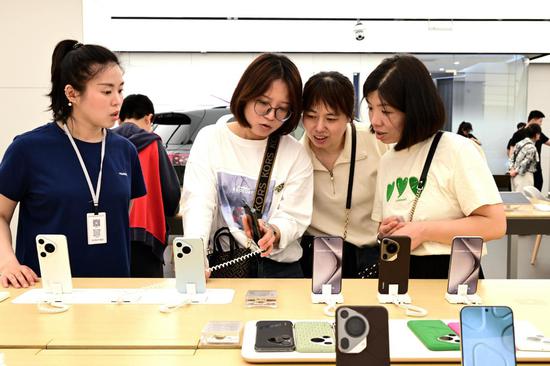
Shoppers try out Huawei's Pura 70 series smartphones at a store in Jinhua, Zhejiang province. (SHI BUFA/FOR CHINA DAILY)
The United States' restrictions on exports of purely civilian semiconductor products to China, and its move to cut off supplies to specific Chinese companies, smack of economic coercion — and such measures not only violate rules of the World Trade Organization but also seriously harm the interests of U.S. companies, Chinese officials and experts said on Thursday.
The comments came after foreign media quoted anonymous sources as saying that the U.S. government has revoked licenses that allowed companies like Intel and Qualcomm to ship chips used in laptops and handsets to Chinese tech company Huawei Technologies.
A spokesperson for the Ministry of Commerce said in a statement on Wednesday night that the reported U.S. measures seriously contradict the country's commitment that it will not seek decoupling from China nor impede China's development. They also contradict the U.S. claim of "precisely defining national security".
China will take all necessary measures to firmly defend the legitimate rights and interests of Chinese companies, the spokesperson said.
Wei Jianguo, former vice-minister of commerce, said: "Despite Washington's shift in rhetoric from decoupling to de-risking in key supply chains, the U.S. government continues to tighten its controls over chip exports to China.
"The move is the latest evidence that to contain China's technological rise, the U.S. government is leveraging all means, regardless of how much pain it will cause to U.S. companies."
Intel said in a financial filing that it expected the new restrictions on exports to China to affect its revenue in the next quarter. Specifically, Intel said its revenue for the second quarter of this year will still fall within the original range of $12.5 billion to $13.5 billion it had outlined, but below the midpoint.
Xiang Ligang, director-general of the Information Consumption Alliance, a telecommunications industry association in China, said the U.S. chip restrictions will accelerate Chinese companies' efforts to achieve technological breakthroughs.
For instance, Huawei's AI processors became highly sought-after products in China after restrictions were imposed on the export of U.S. company Nvidia's most advanced AI chips to China, Xiang said.
Meanwhile, despite Washington's prolonged curbs on Huawei, the Chinese tech company has managed to significantly grow its revenue and profit in the first quarter of this year.
Huawei's revenue for the quarter to March rose 37 percent year-on-year to 178.5 billion yuan ($24.7 billion), while its net profit surged 564 percent to 19.65 billion yuan.
Though the company did not disclose the reason behind the high jump, analysts said that was partly driven by its strong comeback in the domestic smartphone market.
After 13 quarters, Huawei returned to the top position in the Chinese smartphone market in the January-March period, capturing a 17 percent market share, driven by the success of its Mate and Nova series, according to market research company Canalys.
In the first quarter, Huawei has already shipped 11.7 million smartphones, up a remarkable 70 percent year-on-year. This resurgence is notable, given the challenges the company endured due to U.S. sanctions, which led to a major reorganization of its phone business, Canalys said.
What is more, Huawei is returning to the international smartphone market in a low-key manner. The Chinese company's latest Pura 70 series made their global debut in Malaysia earlier this month. The Pura 70 series smartphones are now available for pre-sales in a few European countries such as Germany.
Analysts said Huawei will ramp up its push to regain its share in overseas markets this year, as long as its production capacity of smartphones can be guaranteed.
On Thursday, the Ministry of Commerce also criticized the U.S. practice of sanctioning over 300 entities and individuals, including over 20 Chinese mainland and Hong Kong companies, on the grounds of alleged support for Russian military and energy development.
He Yadong, a spokesman for the Ministry of Commerce, told a news conference that the U.S. sanctions against Chinese companies under the pretext of involvement with Russia reek of unilateral hegemonic action and economic coercion.








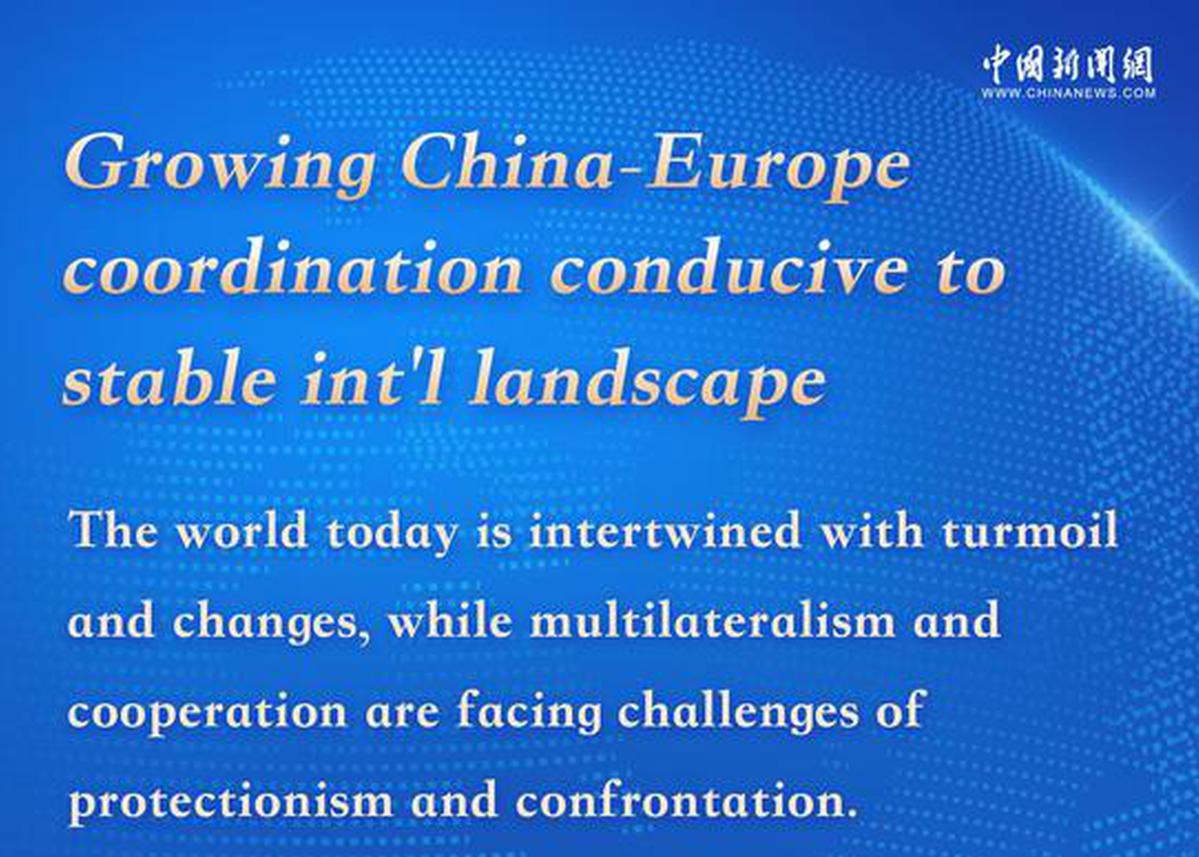
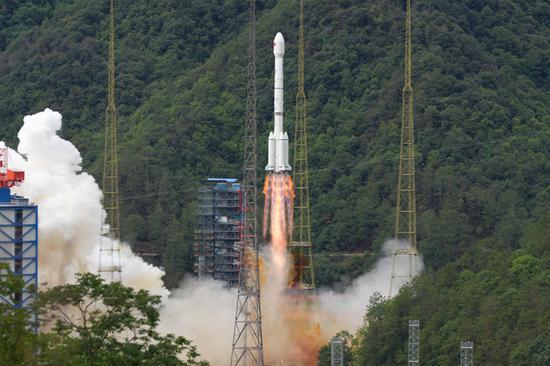


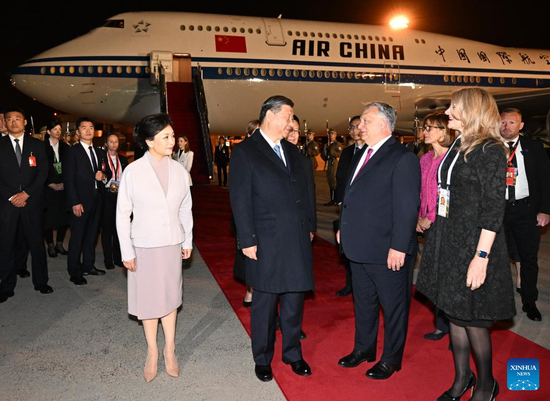
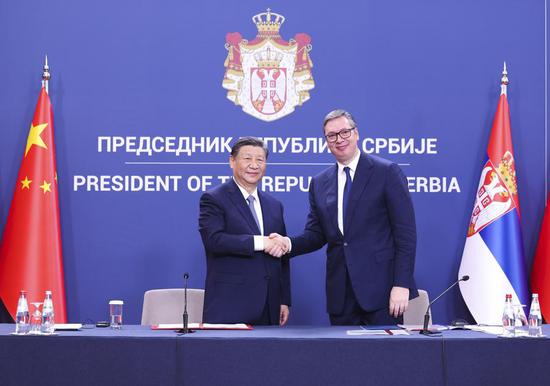
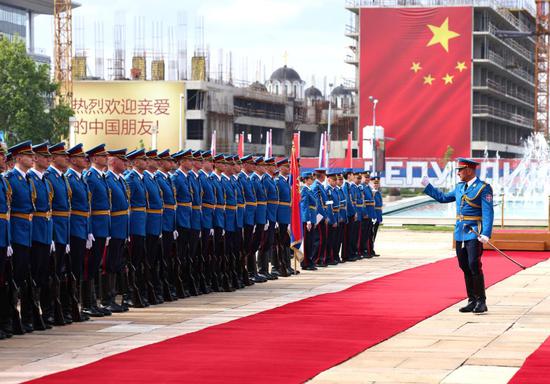
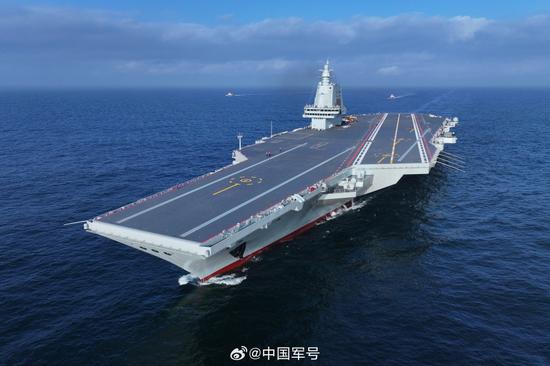
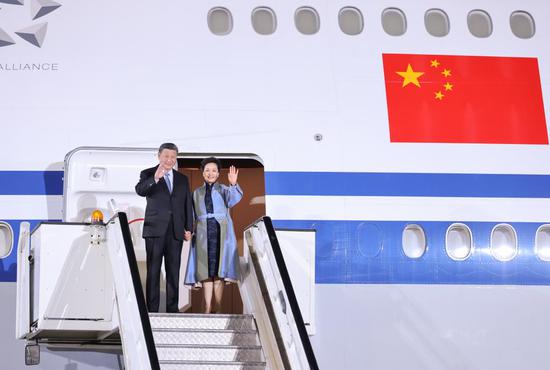
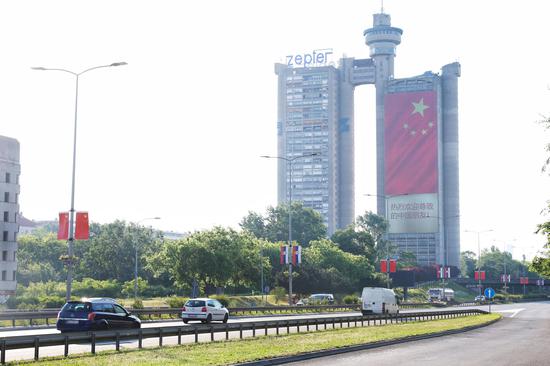

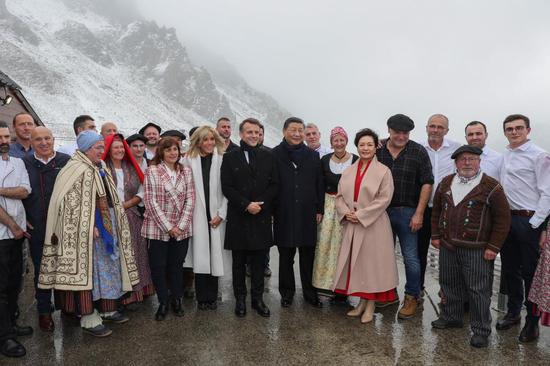

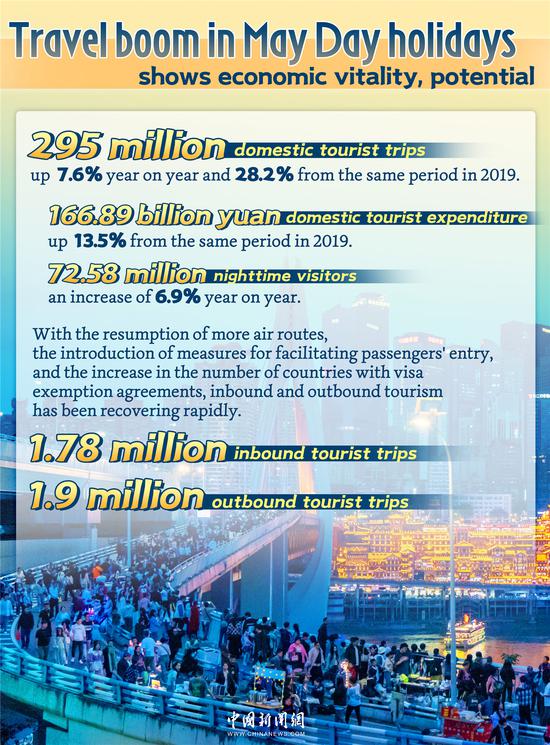
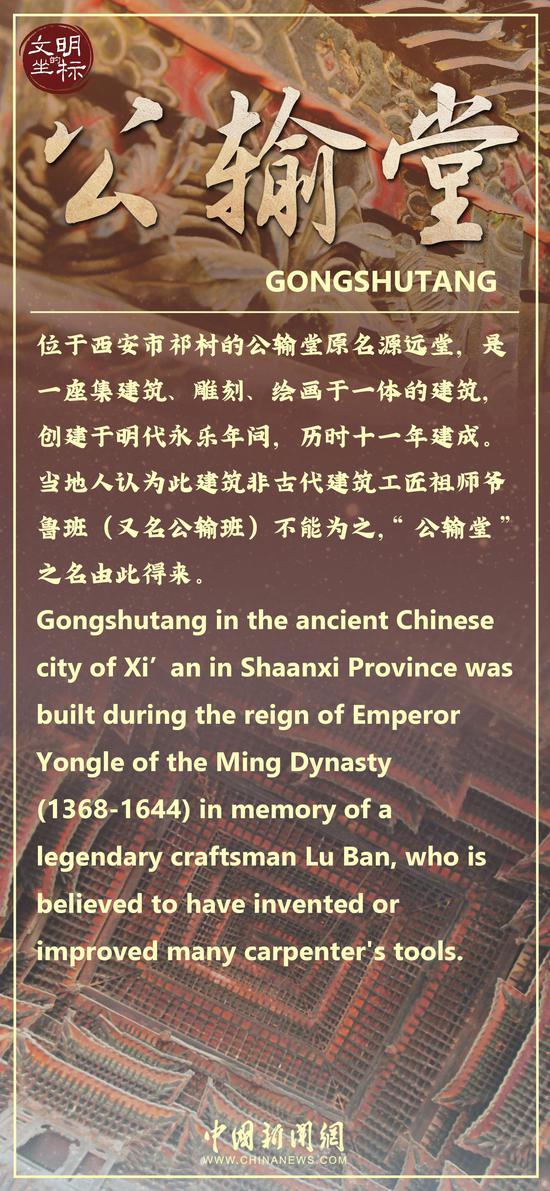
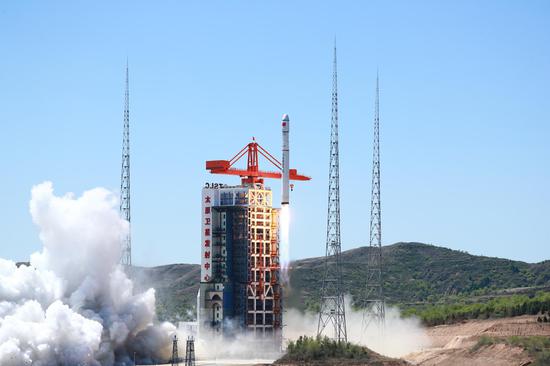
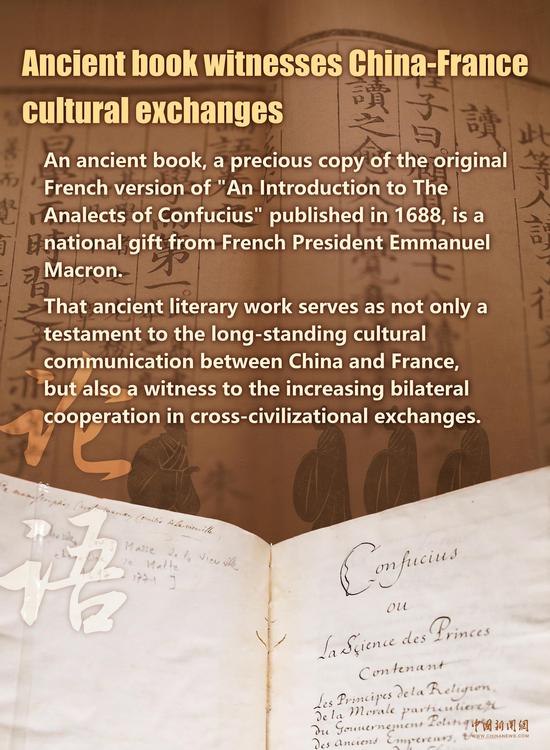

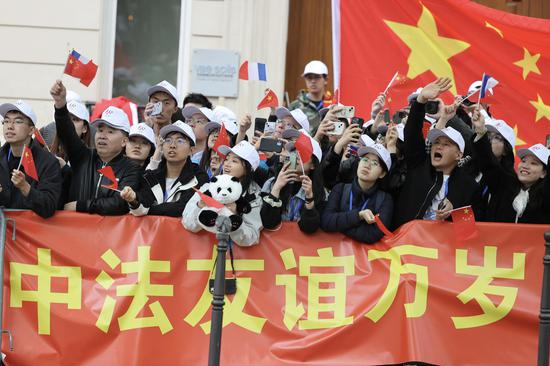


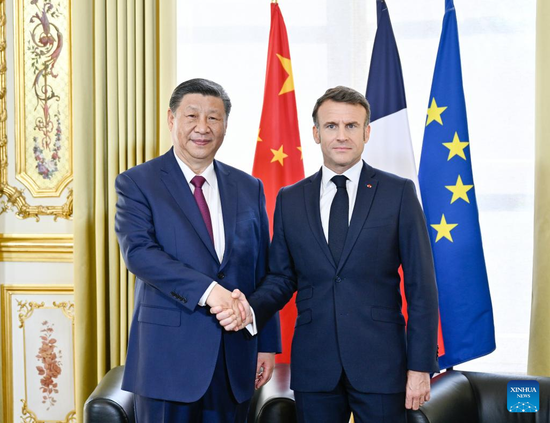
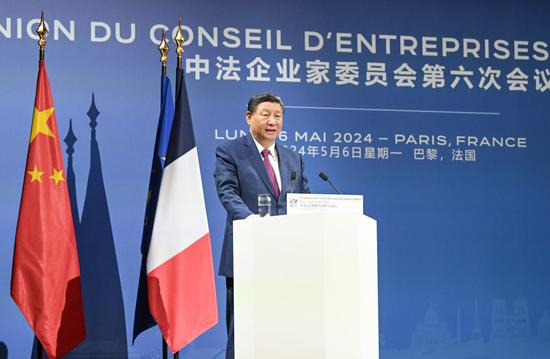
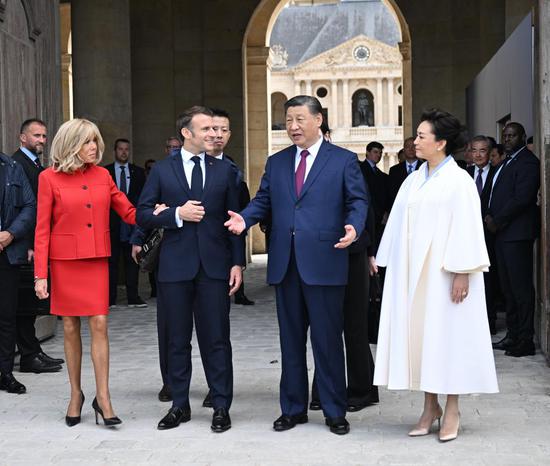
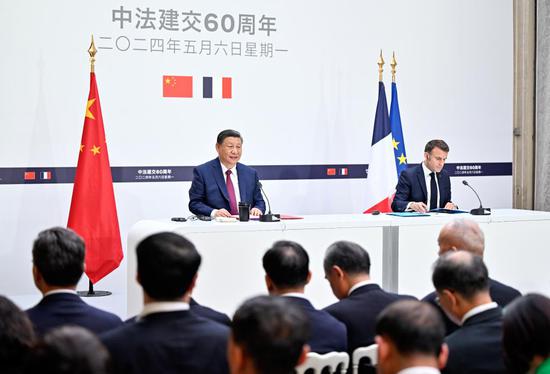
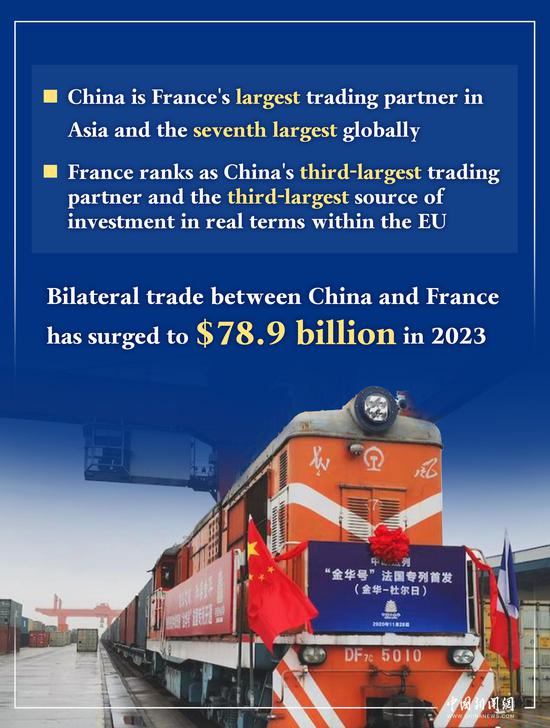


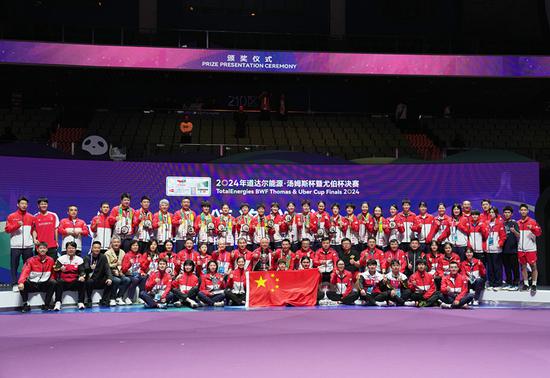
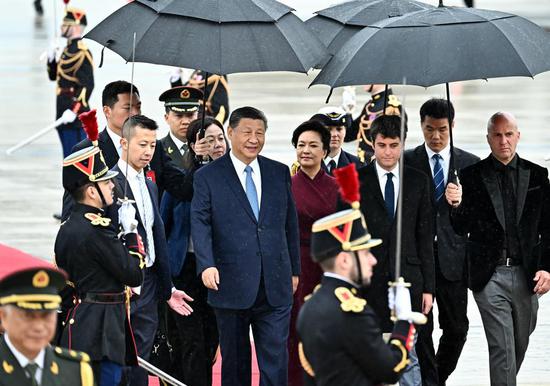
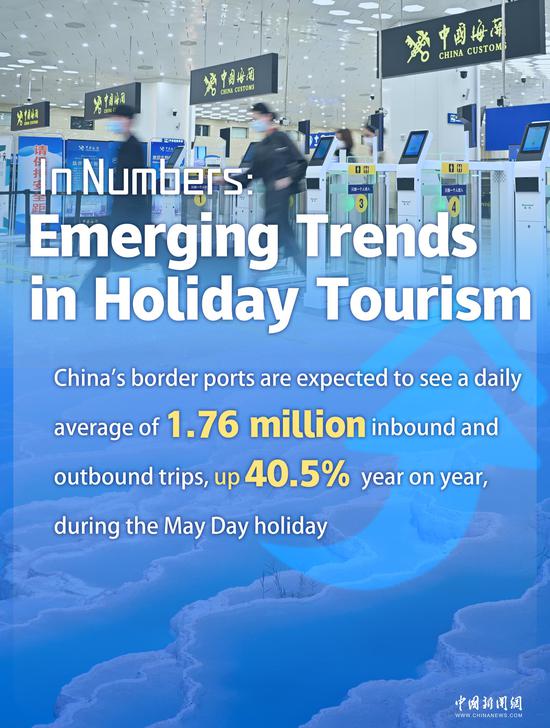
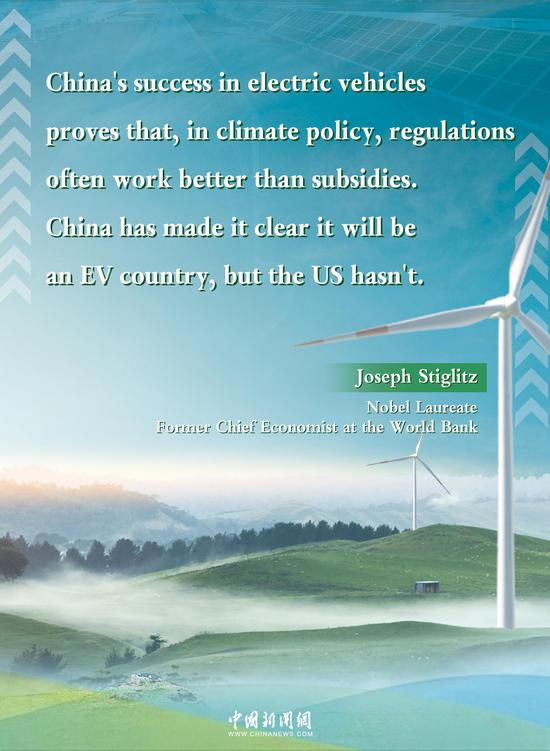



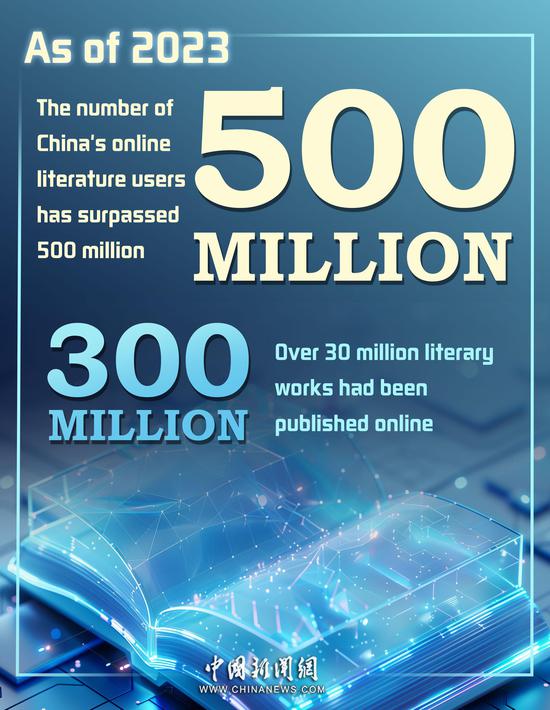

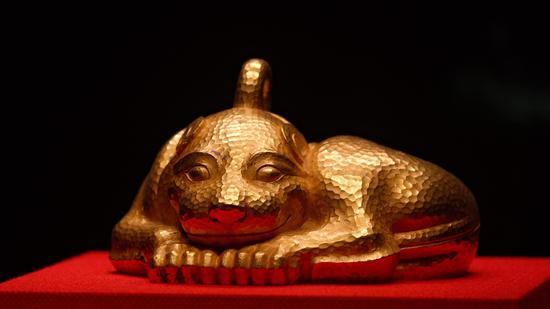



 京公網安備 11010202009201號
京公網安備 11010202009201號